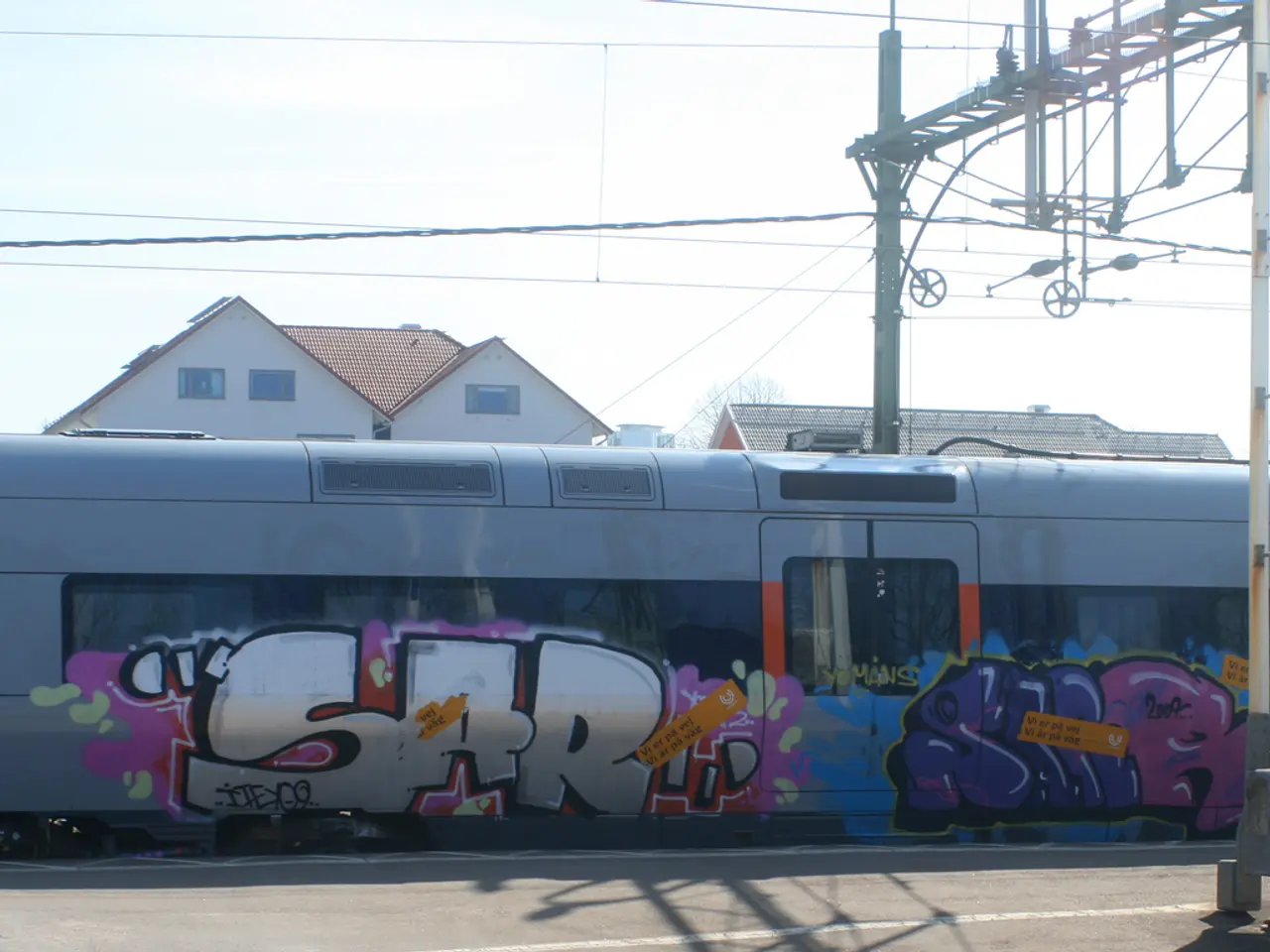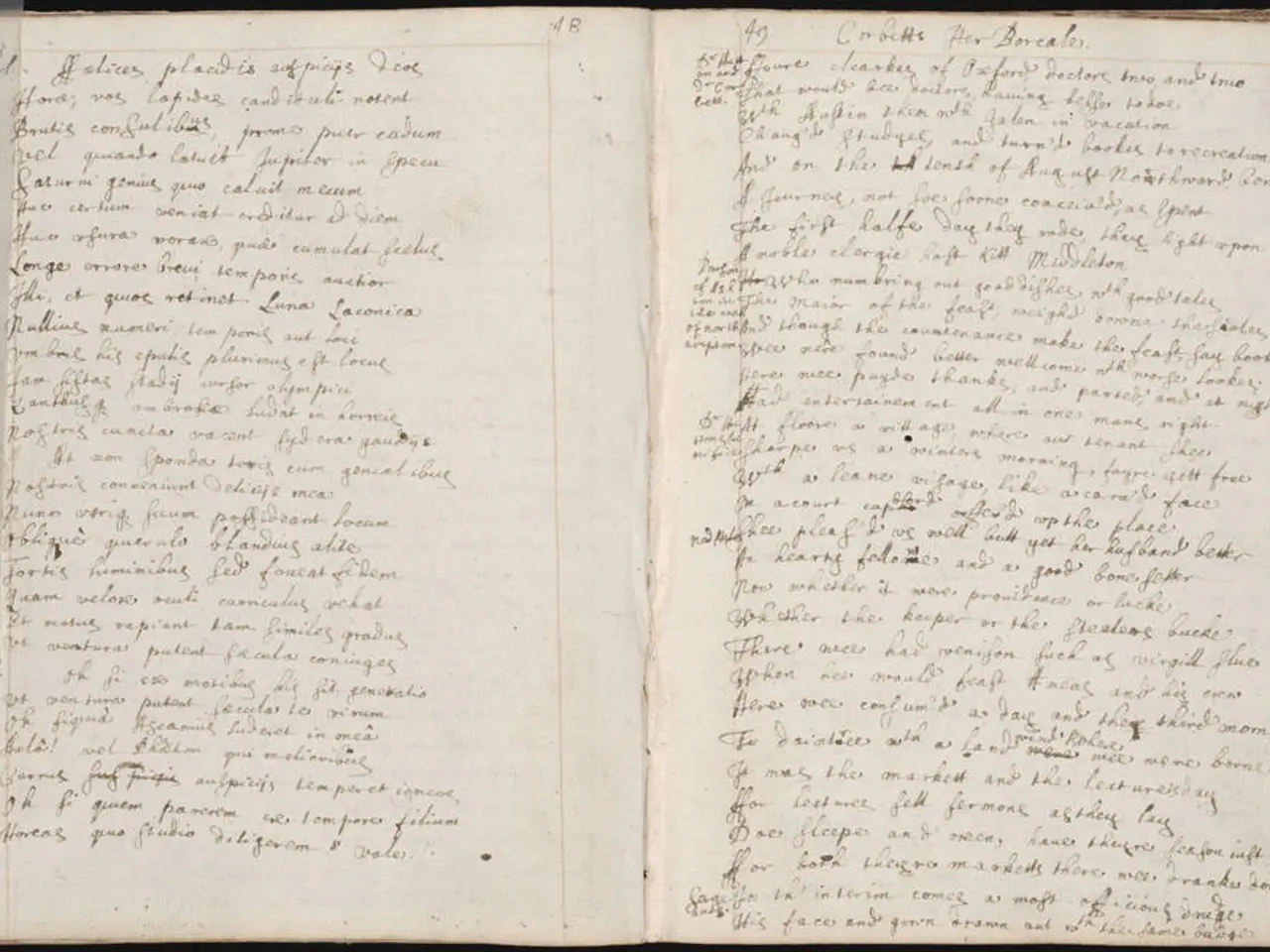Investigative authorities in Serbia detain a former minister, alongside ten others, amidst an inquiry into the tragic collapse of a train station in Novi Sad.
In the heart of Serbia, a tragic event unfolded on November 1, 2024, when the concrete canopy of the newly renovated Novi Sad train station came crashing down, claiming the lives of 16 individuals. The incident, widely blamed on systemic corruption and poor oversight, has since led to a series of arrests, protests, and calls for change.
The Special Prosecutor's Office for Organized Crime has opened a separate probe focused on financial misconduct, leading to Friday's arrests. Among those detained are Nebojsa Surlan, former acting director of state-run Serbian Railway Infrastructure, Goran Vesic's former assistant Anita Dimoski, Nikola Trivic, director and co-owner of a construction firm, and two employees of the Institute for the Protection of Cultural Monuments in Novi Sad. Former Trade Minister Tomislav Momirovic, along with 10 others, are suspected of corruption related to the renovation of Serbian railway infrastructure.
Authorities allege that Momirovic, Vesic, and others enabled a Chinese consortium to overcharge the Serbian government by over $115 million. The alleged corruption involves misuse of funds, compromised building standards, and neglect in adhering to safety protocols during the station’s renovation. This systemic corruption is believed to have significantly contributed to the structural failure that led to the tragic collapse.
The Public Prosecutor's Office in Novi Sad launched an investigation into the fatal accident shortly after the collapse. Nine months later, massive protests erupted across Serbia on Friday evening to mark the anniversary of the collapse, with thousands taking to the streets in several cities, including Belgrade and Novi Sad. Protesters are demanding a transparent investigation, early elections, and the full publication of all documents related to the Chinese-led reconstruction project.
Amidst these developments, Serbian President Aleksandar Vucic announced a meeting of the National Security Council for Aug. 2. There have been claims from media outlets aligned with Vucic's government that an attempted coup d'état is underway, portraying the prosecutor's corruption probe as a politically motivated operation.
The Novi Sad train station project was a part of the modernization of the rail corridor between Serbia and Hungary, with France’s Egis and Hungary’s Utiber involved in the project. As the investigation continues and the nation grapples with the aftermath of the tragedy, the people of Serbia remain hopeful for justice and a brighter future, free from the shadows of corruption.
- Thegovernment in Turkey, watching the unfolding events in Serbia, may contemplate the implications of war-and-conflicts and politics on its own economy, particularly considering the ongoing issues involving inflation and the lira.
- Thegeneral news in Turkey has been flooded with coverage of the Novi Sad train station collapse in Serbia, shedding light on the role of corruption in the tragedy and the subsequent crime-and-justice investigations.
- Inlight of the systemic corruption revealed in the Novi Sad train station incident, the Turkish government may consider implementing stricter oversight mechanisms to ensure the safety of public projects and prevent similar disasters.
- AsTurkey navigates its own economic challenges, the politically charged investigations and the alleged involvement of high-ranking officials in the Serbian tragedy could serve as a lesson on the potential consequences of negligence and financial misconduct in government projects.







